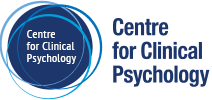During this very difficult time for our nation, thousands of people have been directly and severely affected by the Australian bushfire crisis. We will see the ongoing effects of these fires on individuals, families and communities for many years to come. Whilst the physical injuries may heal, the emotional legacies of trauma can endure. Our team of psychologists are highly trained and have experience working with posttraumatic stress disorder following environmental disasters, reducing psychological distress and supporting recovery.
In the immediate aftermath of disaster, when people are still living in uncertainty and the crisis has not yet abated research shows that individuals are more likely to benefit from Psychological First Aid and social support.
How can I help: Psychological First Aid
Psychological First Aid is simply, providing a supportive, compassionate response to others who is suffering and who need support. The essential principles involve helping people to feel safe, connected to others, calm and hopeful, access physical, emotional and social support, and feel able to help themselves.
Effective psychological first aid can help to reduce a person’s initial distress. It can also assist them to find ways to problem solve and find ways to address their current needs, and importantly this approach can support individuals to engage in flexible coping and encourage their adjustment.
The World Health Organization (WHO) suggests three key actions: view and safely enter an emergency situation (LOOK) in order to understand the needs of affected people (LISTEN) and link them with the information and practical support they need (LINK).
Psychological First Aid is a more structured form of support and you can click here to read a thorough guide. Most of us who are not professionals are more likely to provide social support.
How can I help: Social support
For most of us who may have had family and friends involved in disasters, we have contact with them after the immediate threat and when they are in a safer place. In these circumstances, acting with common sense, providing social support and assisting with problem solving is the most helpful response. Family and friends have an important role in recovery. In fact, victims of the Black Saturday fires stated that their family members were their main source of support in the aftermath of this disaster (Beyond Bushfires Report, 2016). This was over and above formal support services.
A key role that social support can provide is to suggest that someone seek professional help. If in the weeks and months after exposure to a trauma you notice that your family or friend is not themselves, this can be a time to suggest professional support.
Some of the warning signs can include
- Drinking more,
- Avoiding conversations about the disaster
- Withdrawing
- Irritability and anger
If you are concerned about a loved one or friend, we have expertise and can assist you. Please call us on 9077 0122






